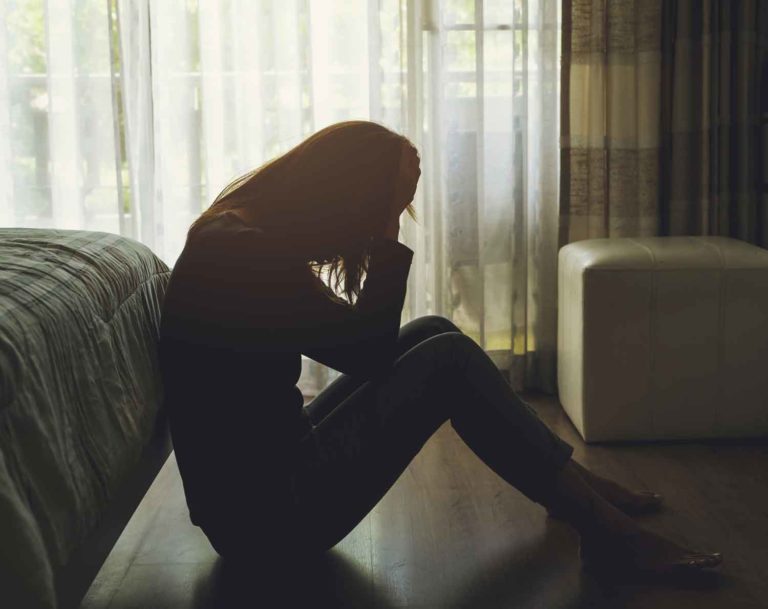
Research from Yale University recently discovered that psilocybin, a naturally occurring psychedelic substance found in certain mushrooms, can have immediate and long lasting effects in neuron connections. Researchers observed that mice lost these connections from depression. However, a single dose of psilocybin showed researchers that those connections lost because of depression grew back just after 24 hours. Additionally, they lasted a long time.
“We not only saw a 10% increase in the number of neuronal connections, but also they were on average about 10% larger, so the connections were stronger as well,” said Yale researcher Dr. Alex Kwan, associate professor of psychiatry and of neuroscience and senior author of the paper.
“It was a real surprise to see such enduring changes from just one dose of psilocybin,” Dr. Kwan continued. “These new connections may be the structural changes the brain uses to store new experiences.”
Dendritic Spines
Other studies have also shown how psychedelics like psilocybin have helped with depression and have longer lasting effects. However, with Yale’s recent study, researchers discovered the increase in the number of dendritic spines. These are small spikes found on nerve cells in the brain which help transmit information between neurons. They create the connection bridges and typically become lost with depression.
After one psilocybin dose in mice, researchers saw these dendritic spines increase in number and size. This increase showed researchers the potential of psilocybin as a way of treating depression.
Future
All research findings are preliminary at this point. There have been no clinical trials approved by the FDA. However, the FDA expressed in 2019 that psilocybin could potentially be a breakthrough therapy for depression based on initial, independent studies.
Currently, there is no cure for depression. Antidepressant medications, along with stimulants, have shown to help with the symptoms of depression. But no cure or long lasting medication is readily available for those suffering from depression. With new research from Yale, a potential future for medication or a cure could come to fruition.
Make sure to check back for more cannabis, hemp, and psychedelic related news.